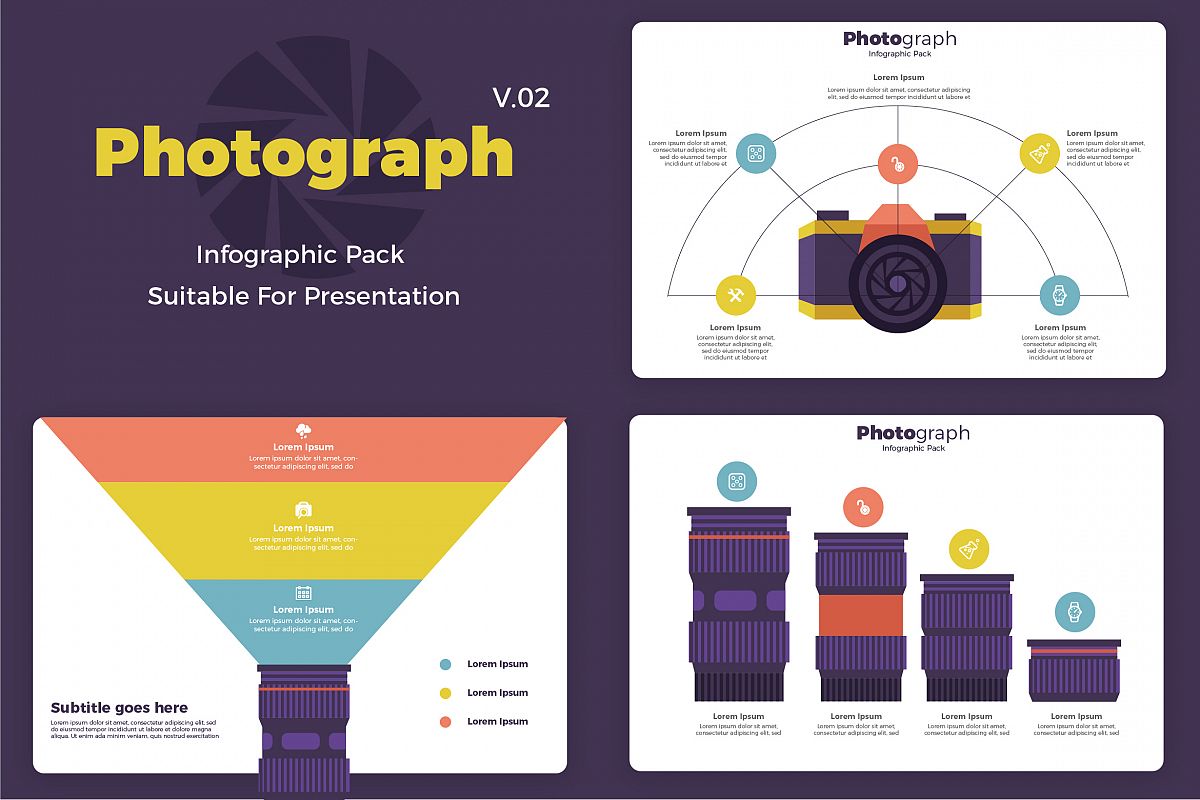Typical Errors New Photographers Make And How To Prevent Them
Typical Errors New Photographers Make And How To Prevent Them
Blog Article
Article Developed By-Morris Schou
As a brand-new digital photographer, it's easy to get caught up in the allure of high-end gear and overlook the fundamentals that genuinely boost your craft. You could find yourself discouraged when your photos do not reflect the vision you wanted. Common bad moves, like ignoring lights basics or disregarding composition principles, can hold you back greater than you recognize. Yet understanding these challenges can change your method. Allow's discover Read A lot more and how you can avoid them to improve your digital photography journey.
Ignoring Lights Principles
Ignoring illumination principles is just one of the largest missteps new photographers make. You may assume that recording a great picture is everything about your camera settings or the latest gear, but the truth is, lights is essential. Appropriate illumination can boost your images from ordinary to sensational, and understanding it can save you from many missed chances.
Initially, take note of natural light. The golden hours-- shortly after daybreak and prior to sunset-- supply soft, lovely light that enhances your topic. Avoid harsh noontime sun, which can cast uncomplimentary darkness. If you're shooting inside, position your subject near home windows to make the most of diffused light.
Next off, find out to control synthetic illumination. Experiment with different sources, like lights or external flash. Use reflectors to bounce light back onto your subject for a softer result. Do not fail to remember that shadows can include deepness; embrace them as opposed to shying away.
Finally, practice readjusting your electronic camera setups according to the illumination conditions. Understand exactly how shutter speed, aperture, and ISO interact to accomplish the preferred direct exposure.
Overemphasizing Equipment
Lots of new digital photographers come under the catch of assuming that having the current and biggest gear will instantly improve their photography. While it's alluring to believe that a higher-end cam or an elegant lens will certainly raise your work, the fact is that it's not practically the equipment you utilize.
Your skills, imagination, and understanding of photography play a much larger duty in producing sensational images. Investing in top-notch gear can be useful, but it shouldn't be your main emphasis. Instead, focus on mastering the basics-- light, make-up, and storytelling.
You can take breathtaking photos with an easy cam if you understand exactly how to utilize it effectively. Often, Environmental photographer 's the photographer's vision, not the equipment, that makes the difference.
Moreover, overstating equipment can cause stress and burnout. You may find yourself frequently chasing the following piece of gear as opposed to honing your craft.
Neglecting Make-up Concepts
When you get your cam, it's very easy to focus exclusively on the subject, yet disregarding make-up concepts can result in lackluster images. Structure is the foundation of digital photography; it guides the viewer's eye and develops a visual narrative. If you ignore it, your stunning topic might obtain lost in a chaotic structure.
Begin by applying the policy of thirds. Visualize your framework separated into nine equal parts by two horizontal and two upright lines. Position key elements along these lines or at their crossways for a well balanced and interesting shot.
Furthermore, consider leading lines. Use all-natural lines in your scene to draw the customer's eye toward the subject.
Don't forget about framing. Use surrounding aspects to produce a "frame within a framework." This strategy can include depth and focus to your topic.
Finally, take note of adverse room. In some cases, less is much more. Enabling void can improve your centerpiece and develop a more effective photo.
Verdict
Finally, by avoiding these usual risks, you can raise your photography abilities significantly. Concentrate on mastering lights, make-up, and direct exposure as opposed to obtaining lost in pricey gear. Don't ignore the power of post-processing, either-- it can truly change your photos. Keep in mind to select the correct time of day for shooting, as lighting plays an essential duty in your results. Accept these suggestions, and watch your digital photography thrive!
